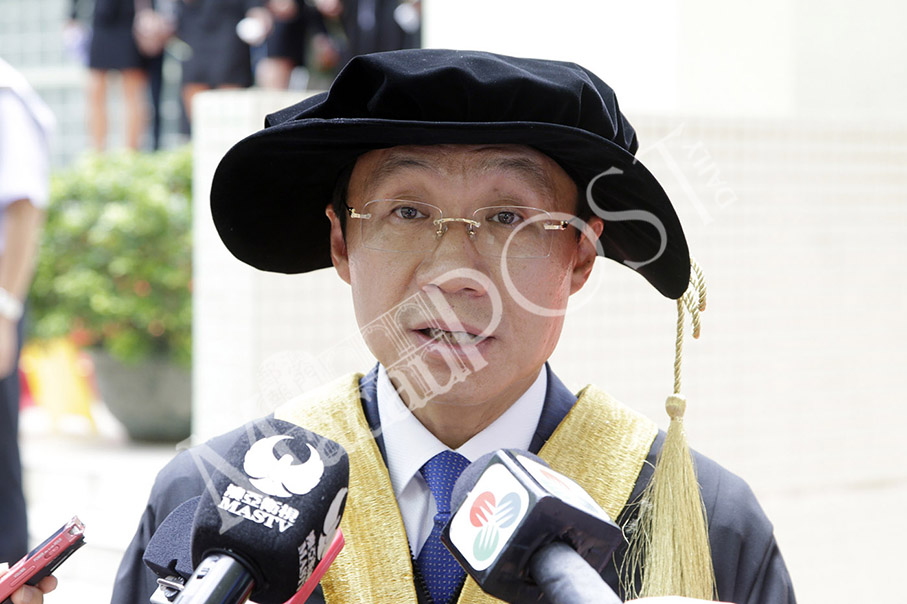The Legislative Assembly (AL) finally passed a bill jointly initiated by nine lawmakers which aims to tackle disputes between landlords and tenants, slated to come into effect 180 days after its promulgation in the Official Gazette (BO), during a plenary session last night.
However, the legislature rejected an article in the bill which proposed that the chief executive could have placed a cap on rent increases based on certain conditions.
The rejected article proposed a coefficient-based “rent control” mechanism to ensure “reasonable” rent increases for commercial and residential units.
While 15 lawmakers voted in favour of the article – Article 3 of the bill, 10 lawmakers voted against it and five legislators abstained. As no more than half of the lawmakers who attended the plenary session voted in favour of the article, the article was rejected.
The bill’s article-by-article debate and vote started in a plenary session on Wednesday, before the bill was passed last night.
The bill’s outline was passed during a plenum of the legislature in November 2015. The legislature’s 3rd Standing Committee held 13
meetings to review the bill.
The bill was jointly proposed by nine lawmakers – Song Pek Kei, Gabriel Tong Io Cheng, Leonel Alves, Ng Kuok Cheong, Jose Pereira Coutinho, Ho Ion Sang, Zheng Anting, Chan Meng Kam and Kwan Tsui Hang.
The new law makes it easier for landlords to evict rogue tenants.
It also requires mandatory notarised signature verification for all rental contracts as a measure to tackle the operation of illegal inns and other illicit situations in the property market.
The new law extends the standard period for rental agreements from two to three years, which means that the landlords of commercial and residential properties cannot unilaterally terminate the rental agreements with their tenants within three years.
The law amends three articles listed in the Macau Civil Code.
The law also provides for the setting-up of an arbitration centre for rental disputes.
In addition to Article 3 that the legislature rejected, the lawmakers also voted down Article 4, which detailed how the chief executive’s rent adjustment coefficient-based mechanism was supposed to work.
Only rental agreements signed after the law takes effects will be covered by the new rules.
Legislative Assembly (AL) President Ho Iat Seng (right) hosts yesterday’s plenary session in the legislature’s hemicycle. Photo: Tony Wong










